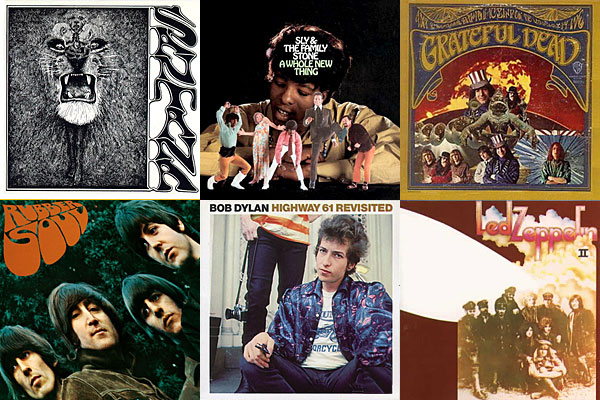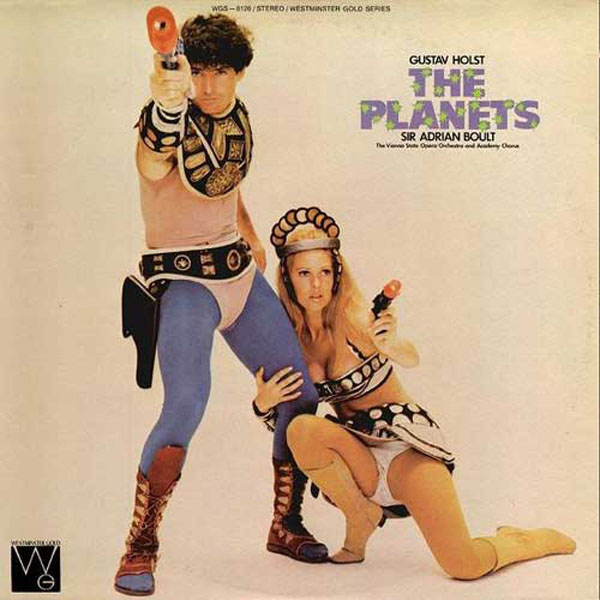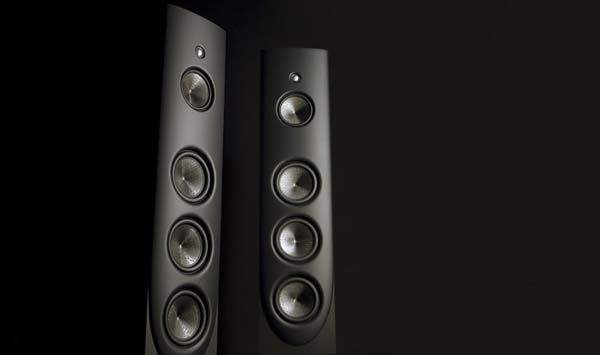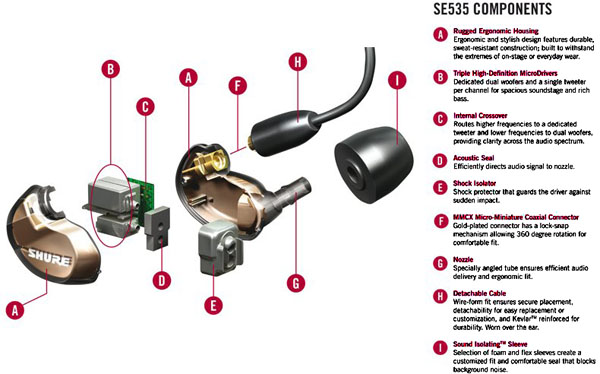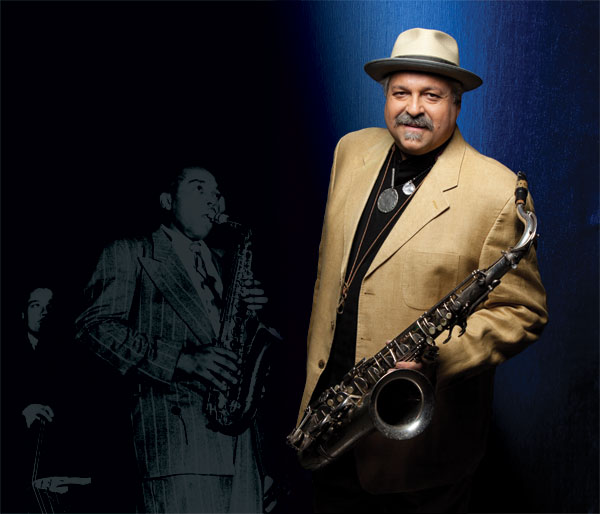LATEST ADDITIONS
The 24th Annual Midwest Classical Record Show
Tasteless, puzzling and absolutely classic
The Magico Q3 at Goodwin's High End
Kronos Quartet: Now part of the canon
The Kronos Quartet has won this year's Avery Fisher Prize for chamber music, and the significance is stunning. With one fell (though belated) swoop, the boundaries of the conventional canon are broadened, if not obliterated. The Fisher Prize, set up in 1975 and awarded every three years since, is a conservative enterprise. Somewhat like the American Academy in the field of literature, it was designed to enshrine those who have ascended to the peaks through the established, long-trod paths. Past winners have included . . .
25 Years of Stereophile
John celebrated in typical fashion: He didn’t mention the achievement to anyone, but kept his head down, eyes buried in a great pile of ink-stained proofs, as we raced to ship our July 2011 issue to pre-press. Such effort and diligence should come as no surprise: It was John who transformed Stereophile, once a rough and rogue ’zine abiding by no particular publishing schedule, into the professional, dependable, influential magazine it is today.
I can’t imagine anyone working as hard or as purposefully as my boss, John Atkinson. Each day is an honor. The man sets a high and excellent example: I want to be just like him.
Congratulations, John! Enjoy that beer tonight. Or, uh, that tutti-frutti martini thing, whichever you prefer. After 25 years of service, I guess you’re allowed to drink whatever you want.
Shure In-Ear Series SE215, SE315, SE425, and SE535
Evolution is not like a car wash; it's not some process with a beginning, a middle, and an end. It's messy; it makes mistakes; sometimes it moves in a particular direction; sometimes it just goes in circles refining things. Evolution doesn't really know where it's going until it gets there.
Since 1997 Shure has been evolving its line of in-ear headphones. It seems to me they've both run in circles on the ergonomics, and made a bee-line for good sound. Let me explain.
Muse Model 150 monoblock power amplifier
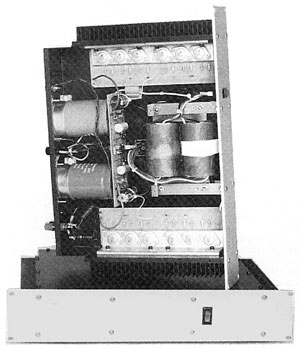 The name Muse Electronics is probably unfamiliar to most audiophiles, requiring some background on the company. Muse is the hi-fi offshoot of a company called Sound Code Systems, a manufacturer of professional sound-reinforcement speaker cabinets and power amplifiers. Founded in 1980, SCS enjoyed some success with its line of MOSFET professional power amplifiers. In 1988, SCS's Michael Goddard and Kevin Halverson, both audiophiles and tube aficionados, redesigned their amplifier for the high-end hi-fi market.
The name Muse Electronics is probably unfamiliar to most audiophiles, requiring some background on the company. Muse is the hi-fi offshoot of a company called Sound Code Systems, a manufacturer of professional sound-reinforcement speaker cabinets and power amplifiers. Founded in 1980, SCS enjoyed some success with its line of MOSFET professional power amplifiers. In 1988, SCS's Michael Goddard and Kevin Halverson, both audiophiles and tube aficionados, redesigned their amplifier for the high-end hi-fi market.
The results are the Model One Hundred (a 100Wpc stereo power amplifier) and the Model One Hundred Fifty ($1900/pair), the 125W monoblock reviewed here. According to Michael Goddard, the primary design goal was to achieve a tube sound with the reliability and ruggedness of transistors. MartinLogan CLS speakers were used extensively during the design/listen/design cycle. As a result of their listening auditions and redesign, many of the changes have now been incorporated into their professional products.
Joe Lovano: a Far Out Fugue
Recording of January 1989: Live and Let Live!
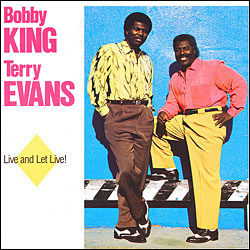 BOBBY KING & TERRY EVANS: Live and Let Live!
BOBBY KING & TERRY EVANS: Live and Let Live!Rounder 2089 (LP), CD 2089 (CD). Larry Hirsch, eng.; Ry Cooder, prod. AAA/AAD. TT: 44:42
If you've heard a Ry Cooder album in the last 12 years, you've heard Bobby King and Terry Evansthey're the gorgeously voiced gospel/R&B singers who've backed up Ry while he's learned to sing in publicand from whom he can't help but have learned a lot. To crib from the liner notes, King is from a Louisiana gospel background, while Evans sang R&B in Mississippi. Their music together is a seamless blend of the best of both sides of the churchyard gate, smack dab in the middle of the strongest undercurrents of American music. Virtually every tune is a gem, but "Let Love Begin," so warm and lovingly sensual it'll melt your speakers, and the best version I've ever heard of "Dark End of the Street," are instant classics. "Saturday Night" has a hint of sprung Cajun rhythm, and "Let Me Go Back to the Country" has that vital feel of a pick-up band one by one sitting down to sit in, music made for the sheer joy of singing and playing. Only "Bald Head," another misogynistic Cooder tune, falls flat, though not for lack of trying by King & Evans.

